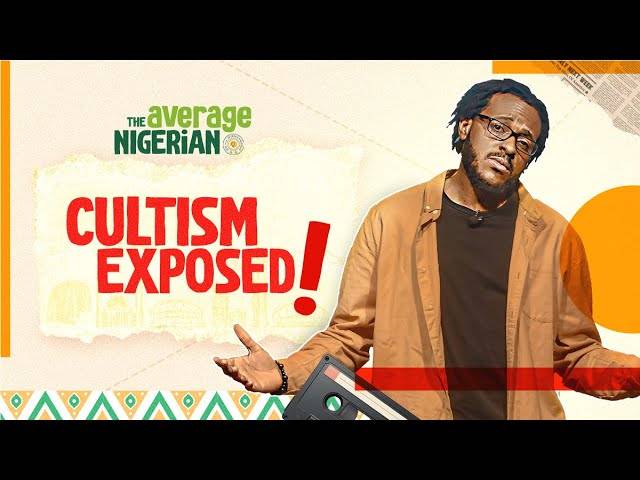"What happens to our phones when we replace them? Where do the computers, TVs, and household appliances we stop using end up? To answer these questions, we went to Agbogbloshie, in Ghana, the largest electronic waste dump on the planet. A place that looks like something out of a dystopian film, but is all too real. Here, every day, thousands of men, women, and children live and survive by dismantling electronic waste from the West with their bare hands. No protection. No alternatives. Breathing toxic smoke, walking over burnt plastic, searching for scraps of metal to sell for a few coins".
What the reporter misses here is context, and context, especially in regions grappling with economic instability, is everything.

Related article - Uphorial Sweatshirt
At first glance, scenes from Agbogbloshie, a large electronic waste dump in Accra, Ghana, may appear grim—mountains of discarded devices, toxic fumes from burning wires, and people sifting through rubble for scraps. In a recent video circulating on YouTube, the reporter frames the site as a symbol of environmental injustice, painting a picture of exploitation and despair. But while the visuals may be accurate, the narrative carries a deeper complexity that cannot be fully captured through a foreign lens alone.
Electronic waste, often sent from countries in Europe, Asia, and North America, does indeed land in African cities like Accra and Lagos. But this isn’t always the result of shady dumping practices. Much of the equipment arrives with value—some of it repairable, some usable for spare parts, and others sold as-is. The merchants who import these used electronics do so with profit in mind. Their aim is not to pollute, but to meet demand for affordable devices in markets that can’t always access brand-new technology.
The reality on the ground tells a more nuanced story. Take the Ojota dump site in Lagos, Nigeria, for example. Here, scraps from hubs like Computer Village don’t rot in neglect. They’re collected by a group of informal recyclers—often referred to as bolas or iron benders—who dismantle devices, extract valuable materials, and sell them to recycling companies. It’s a gritty job, but it provides a means of survival. For many, this is dignified work, not exploitation. It represents resilience, innovation, and adaptation in the face of economic hardship.
To describe their existence as purely unjust misses the larger point—these individuals are participating in a circular economy, albeit one that lacks the formal protections and infrastructure seen in wealthier nations. They're not victims, but players in a system that reflects the wider global imbalance of consumption, access, and disposal.

It’s important to recognize that the hazardous conditions at e-waste sites are real and worthy of attention. But the issue isn’t only about villainous exporters or helpless recyclers—it’s about global inequality and the informal ways people survive within it. Framing this solely as injustice without acknowledging the economic agency of those involved does more to flatten the narrative than to clarify it.
As outsiders, reporters must tread carefully, especially when telling stories from regions they may not fully understand. It’s easy to look at a burning monitor and see hopelessness, but harder to see the ingenuity of someone transforming its remains into their next meal.
Instead of pushing a narrative that portrays these workers as victims of global exploitation, perhaps the real question should be: How can we build better, safer, and more sustainable systems that support the informal economy without criminalizing or erasing it?
Rather than cast blame or assume moral superiority, the global community should consider how to work with those on the ground, supporting efforts to regulate, protect, and empower. Not because the current system is perfect, but because the people within it deserve to be seen not as statistics or symbols, but as humans doing the best they can with what the world hands them.
That’s not injustice—it’s survival. And sometimes, that survival is remarkably human.



